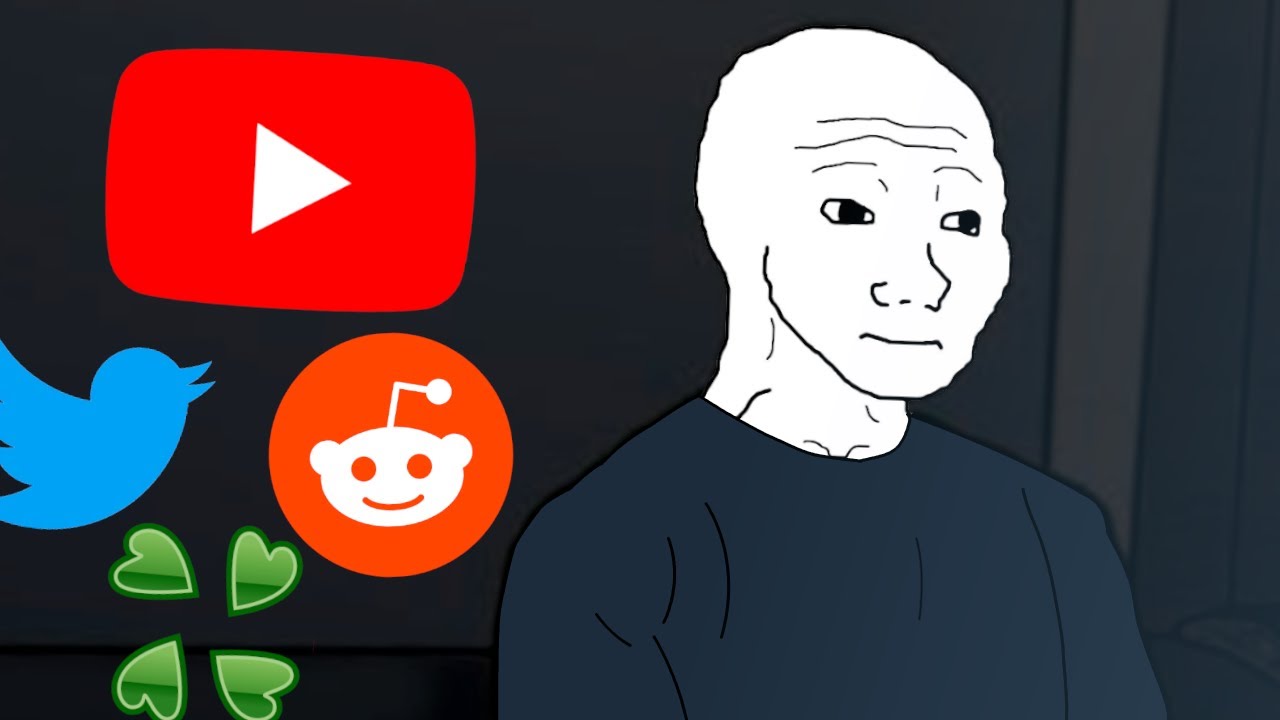I recently came across a thought-provoking video that delved into the struggle of overcoming internet addiction. The speaker reflected on a decade lost to the virtual world, a place that often felt more real than reality itself. Despite having a successful freelancing career and a growing YouTube channel, they found themselves regretting the time wasted scrolling aimlessly online, neglecting their dreams of building websites or apps.
The speaker rationalized their internet use as a form of learning, amassing a wealth of knowledge but rarely applying it. They emphasized the importance of breaking this habit for a better financial, physical, intellectual, and spiritual life. However, they also acknowledged that total ascension from the internet isn’t realistic. Overcoming internet addiction, they argued, requires a mindset shift rather than relying solely on willpower or external restrictions.
Quitting the internet isn’t about giving up something valuable; it’s about lifting a weight off your mind. The initial boredom fades, revealing genuine desires. Without constant online stimulation, real life may seem less entertaining, but it allows for the rediscovery of personal interests. Breaking free from the internet allows you to think for yourself, form original opinions, and deal with underlying issues. By ceasing to identify as an internet-addicted person, redirecting impulses becomes easier, leading to a more fulfilling and self-directed life.
This got me thinking: Is simply replacing internet consumption with another form of consumption, like reading books, truly purposeful? To make life more meaningful, I believe the most important paradigm shift is to become a producer rather than a consumer. If you’re reading books but not applying the knowledge to build something, isn’t it just as unproductive as doom-scrolling the internet?
I’d love to hear your thoughts on this topic.
Video TLDR
Reflecting on a lost decade to internet addiction, especially the last five years, I realize the virtual world felt more real, resulting in regrets over wasted time. Despite a decade of freelancing, I took the easy route, neglecting dreams like building websites or apps. While my YouTube channel grew, I abandoned other passions, spending hours scrolling online without real enjoyment. Rationalizing it as learning, I amassed knowledge but rarely applied it. Breaking this habit is crucial for a better financial, physical, intellectual, and spiritual life, though total ascension isn’t realistic. Overcoming internet addiction requires a mindset shift rather than relying on willpower or external restrictions. Quitting the internet isn’t about giving up something valuable; it’s like lifting a weight off your mind. Initial boredom fades, revealing genuine desires. Without constant online stimulation, real life may seem less entertaining, but it allows rediscovery of personal interests. Breaking free lets you think for yourself, form original opinions, and deal with underlying issues. By ceasing to identify as an internet-addicted person, redirecting impulses becomes easier, leading to a more fulfilling and self-directed life.



Or everything matters even more
Knowing that ultimately I’ll never be punished for my choices beyond the consequences I face in my lifetime makes my choices to be kind and put in extra effort to increase the good in the world mean a lot more to me. I laugh in the face of the absurd and choose to derive meaning from not letting it stop me from doing what I can.
The tide will destroy my sandcastle and it’ll be forgotten, but it can’t take that I did it anyways.
I love this so much.